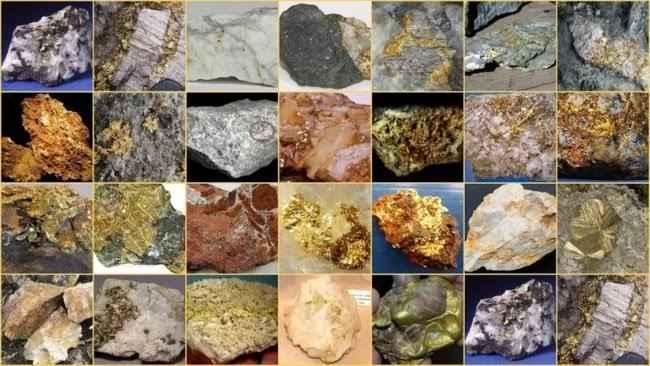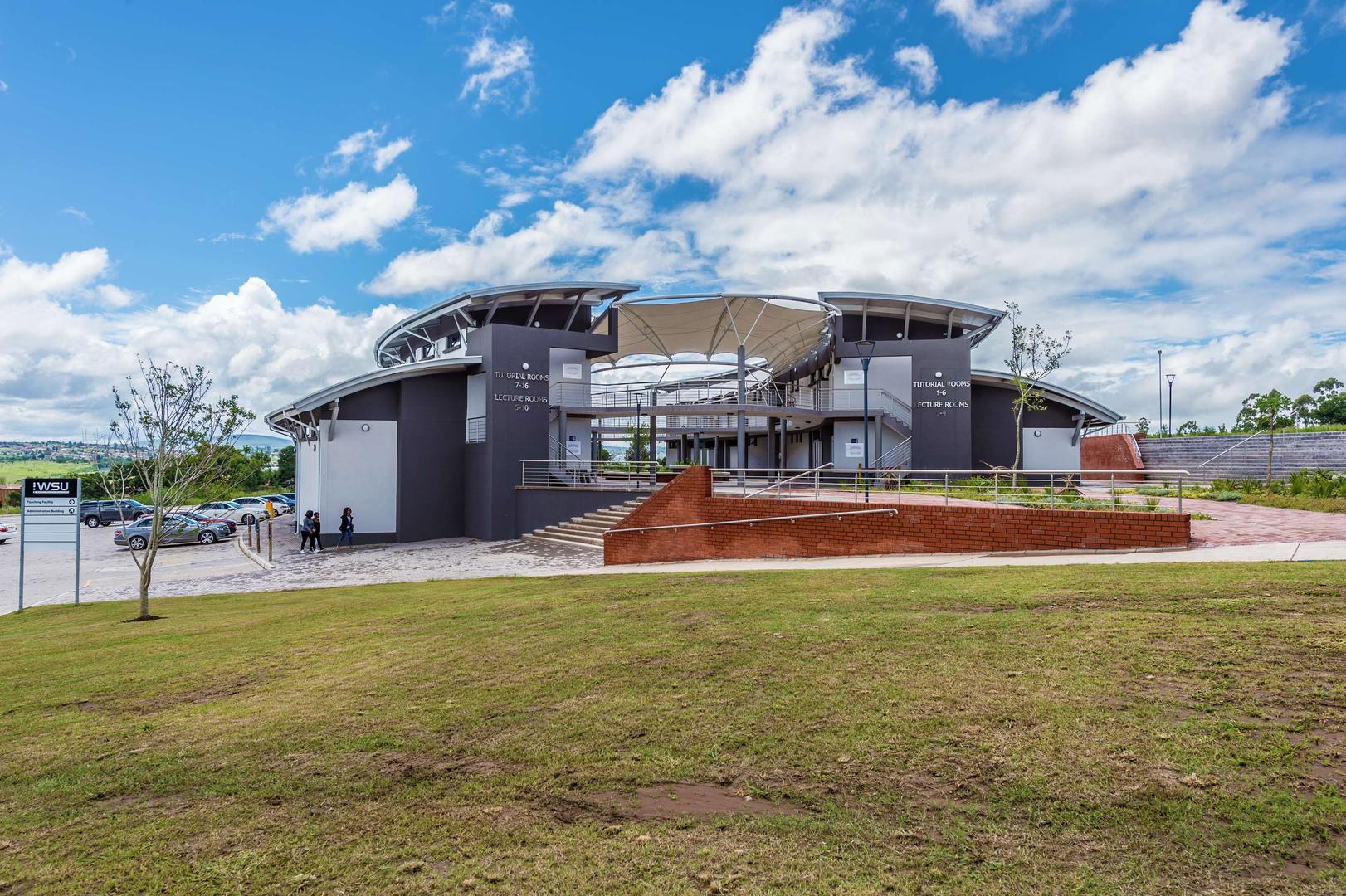Mineral Resources Found In Adamawa State, Nigeria

Adamawa State, located in northeastern Nigeria, is a land blessed with a variety of mineral resources. These resources, if properly harnessed, have the potential to transform the economic landscape of the state, create jobs, and improve the standard of living for its residents. Despite its rich natural endowments, the state remains largely underdeveloped due to a lack of large-scale investment in mineral exploration and processing.
This blog post explores the major mineral resources found in Adamawa State, their economic significance, and the potential benefits of investing in the state's mining sector.
Overview of Adamawa State
Adamawa State is one of Nigeria's 36 states, with its capital in Yola. The state covers a land area of approximately 36,917 square kilometers and shares borders with Borno, Gombe, and Taraba states. It also has an international boundary with Cameroon. The state is known for its diverse ethnic groups, rich culture, and vast agricultural potential.
Apart from agriculture, Adamawa is endowed with significant mineral deposits that can contribute to the state's economic development. However, due to inadequate infrastructure, security challenges, and lack of investment, most of these resources remain untapped.
Major Mineral Resources Found in Adamawa State
1. Limestone
Limestone is one of the most important mineral resources found in Adamawa State. It is a key raw material in cement production and is also used in construction, agriculture, and industrial processes.
Economic Importance:
- Used in cement production, which can support local industries.
- Essential in road construction and building projects.
- Can be processed for agricultural lime to improve soil fertility.
Investing in limestone mining and processing could lead to the establishment of cement factories in the state, reducing dependence on imported cement and creating employment opportunities.
2. Gypsum
Gypsum is another valuable mineral resource in Adamawa State. It is primarily used in the production of cement, plaster, wallboards, and fertilizers.
Economic Importance:
- Essential for the cement industry, especially in plaster production.
- Used in agriculture as a soil conditioner.
- Plays a role in the manufacturing of ceiling boards and wall coatings.
With proper investment, gypsum mining can create a viable supply chain for Nigeria’s construction industry and reduce importation costs.
3. Kaolin
Kaolin is a type of clay mineral used in various industries, including ceramics, paper, paint, and pharmaceuticals. Adamawa State has significant kaolin deposits, which remain largely untapped.
Economic Importance:
- Used in the production of ceramics and pottery.
- A key ingredient in paint and cosmetic products.
- Plays a role in the paper industry as a filler and coating material.
If properly exploited, kaolin mining can support the local ceramics industry and attract investors interested in manufacturing beauty and pharmaceutical products.
4. Granite
Granite is an important igneous rock used for construction and decoration. Adamawa State has vast granite deposits, which can be extracted for use in road construction, buildings, and decorative purposes.
Economic Importance:
- Used in road construction and building projects.
- Serves as a decorative material for tiles and countertops.
- Can be exported as a high-value commodity.
The establishment of quarrying industries in the state can create employment opportunities and contribute to infrastructure development.
5. Laterite
Laterite is a soil type rich in iron and aluminum, commonly used in road construction and as a building material. It is widely available in Adamawa State.
Economic Importance:
- Used in road construction as a base material.
- Essential for making bricks and other building materials.
- Contains iron ore, which can be processed for industrial use.
Laterite mining could help boost the construction sector and support local infrastructure projects.
6. Baryte
Baryte (or barite) is a mineral composed of barium sulfate. It is mainly used in the oil and gas industry as a weighting agent in drilling fluids.
Economic Importance:
- Crucial for oil and gas exploration.
- Used in the manufacturing of paints, plastics, and rubber.
- Has applications in medical and industrial processes.
Given Nigeria’s oil-dependent economy, baryte mining in Adamawa could supply the petroleum sector and reduce the need for imports.
7. Lead and Zinc
Lead and zinc deposits have been identified in parts of Adamawa State. These minerals are essential in various industries, including battery production, construction, and manufacturing.
Economic Importance:
- Used in the production of batteries and electrical components.
- Essential for roofing sheets and other building materials.
- Has industrial applications in alloys and coatings.
Mining lead and zinc in Adamawa can attract investors in the construction and electronics industries, leading to economic growth.
8. Uranium
Uranium is a highly valuable mineral used in nuclear power generation. Reports suggest that Adamawa State has deposits of uranium, though they have not been fully explored.
Economic Importance:
- Essential for nuclear energy production.
- Used in medical and industrial applications.
- Has potential for export as a high-value mineral.
With increased global demand for clean energy, uranium mining in Adamawa could position Nigeria as a supplier of nuclear fuel. However, proper regulations must be in place to prevent misuse.
9. Gold
Gold is a highly sought-after precious metal used in jewelry, electronics, and investment. Although not widely exploited, gold deposits have been found in some parts of Adamawa State.
Economic Importance:
- A valuable commodity in jewelry and luxury goods.
- Used in electronics and industrial applications.
- Can attract foreign exchange earnings through exports.
Proper regulation and investment in gold mining could help diversify Adamawa’s economy and create wealth for local communities.
10. Clay
Clay deposits are widespread in Adamawa State and are used in pottery, bricks, and ceramic production.
Economic Importance:
- Used in the production of bricks and tiles.
- Essential for pottery and ceramic industries.
- Can be processed for use in pharmaceuticals and cosmetics.
The availability of clay presents opportunities for small and medium-sized businesses to thrive in Adamawa’s building and craft industries.
Challenges Facing Mineral Exploration in Adamawa State
Despite its rich mineral deposits, Adamawa State faces several challenges in harnessing its mineral resources effectively. These include:
- Lack of infrastructure: Poor road networks and lack of electricity hinder large-scale mining operations.
- Insecurity: Insurgency and banditry in the northeastern region discourage investors.
- Illegal mining: Unregulated mining activities lead to environmental degradation and loss of government revenue.
- Limited investment: The absence of major investors in the mining sector prevents industrial-scale production.
- Government policies: Inconsistent mining policies and bureaucratic bottlenecks slow down development.
Recommendations for Harnessing Adamawa’s Mineral Resources
To fully benefit from its mineral wealth, Adamawa State should:
- Improve security: The government must address insecurity to attract investors.
- Develop infrastructure: Better roads, electricity, and water supply will facilitate mining operations.
- Encourage local investment: The state government can provide incentives for local businesses to explore mining opportunities.
- Promote legal mining: Enforcing regulations will curb illegal mining and ensure environmental sustainability.
- Seek foreign partnerships: Collaborating with international mining firms can bring in expertise and funding.
Conclusion
Adamawa State is rich in a variety of mineral resources that, if properly developed, can transform the state’s economy. From limestone and gypsum to gold and uranium, these resources offer immense economic potential. However, challenges such as insecurity, lack of infrastructure, and poor investment climate have hindered full-scale mining operations.
With the right policies, investments, and government support, Adamawa can harness its mineral wealth to create jobs, attract revenue, and improve the overall standard of living for its people. It is time for both government and private sector players to take advantage of these opportunities and unlock Adamawa’s mineral potential.






